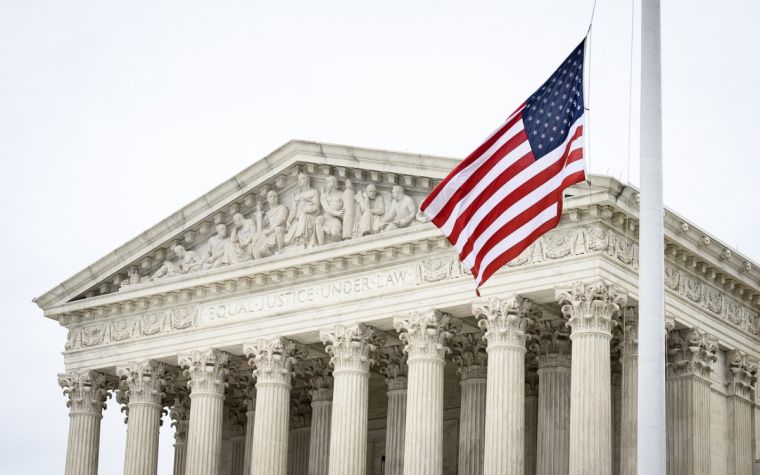The Supreme Court's decision marks the beginning of the legislative battle over abortion, not the end

Friday's Supreme Court decision sees the overturning of an unjust law that has led to the deaths of over 62 million babies since 1973. This will return the matter of abortion legislation to individual states. This is the beginning of the legislative battle over abortion, certainly not the end.
This decision removes the imposition of an extreme abortion law across the United States. It returns policy decisions around abortion to the states where they can be decided by the democratic process.
This decision was based on whether the law in Mississippi would be upheld. That state chose to protect unborn children from 15 weeks gestation, which is consistent with what the majority of countries in the EU already do.
In fact, the median time limit for abortion on demand or on broad social grounds among EU countries is 12 weeks gestation. As a result of today's decision, many US states will likely align themselves more closely with the European approach to gestational time limits on abortion.
The pro-life movement in the US will now be working to build consensus for the strongest protections possible for unborn children and women in every legislature. Alongside this, they will continue their existing work to support pregnant women and children in need.
There are thousands of pro-life pregnancy centres and maternity homes across the United States. The pro-life movement in the United States will continue to grow to meet the needs of these women and their families.
Importantly, this law change does not actually ban abortion or prevent anyone from having an abortion. Rather, it makes abortion law a matter for states to decide. Some states will allow abortion without restriction and others will likely provide robust legal protection for unborn children throughout pregnancy.
There are many who will rush to declare that the Supreme Court's decision somehow goes against the will of the people. This disingenuous argument claims that the law is settled, that there is little demand for change. The data from polling suggests otherwise.
Recent polling shows that 69% of women in the United States believe that there should be significant restrictions on abortion.
The polling found that 69% of women believe that abortion should be available, at most, during the first three months of pregnancy, allowed only in cases of rape, incest, or to save the life of the mother, or never permitted.
The polling showed that 37% of women believed that abortion should only be legally permitted in cases of rape, incest, or to save the life of the mother. A further 21% of women believed that abortion should not be legal after the third month of pregnancy.
The polling also found that a majority of those who call themselves pro-choice (52%) believe that abortion should be available, at most, during the first three months of pregnancy, allowed only in cases of rape, incest, or to save the life of the mother, or never permitted.
In addition to this, 82% of American women think that it is possible to have laws that protect both the health and well-being of a woman and the life of her unborn child. 76% of people who consider themselves pro-choice and 79% of people who identify as Democrats agree.
Right to Life UK exists to protect and defend the right to life of every human being from conception to natural death. It does this through its work across education, politics, the media and through a large network of people in constituencies across England, Wales, Scotland and Northern Ireland.











